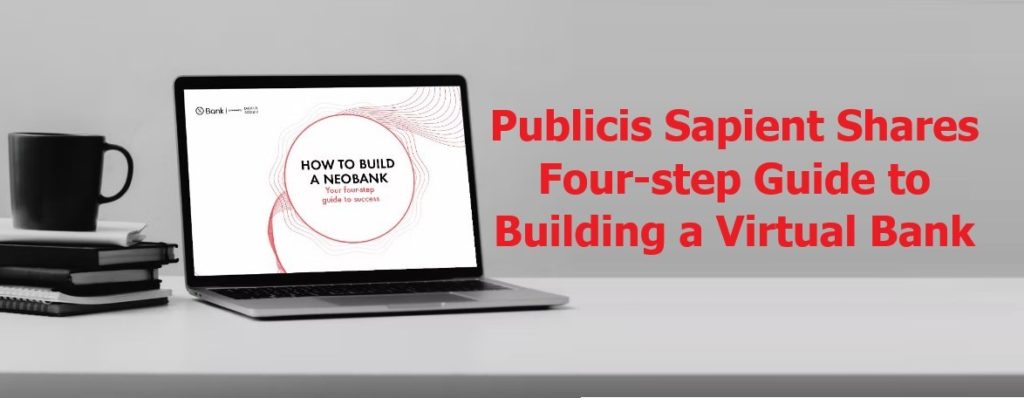With the Bank of Thailand planning to hold public hearings relating to virtual bank licensing in early 2023, this is an opportunity to improve financial inclusion in Thailand, given that up to 63% of the Thai adult population is either unbanked or underbanked. Greater competition will also accelerate fintech innovation and customer experience transformation.
While the Bank of Thailand will not allow financial institutions with commercial banking licenses to apply for virtual bank licenses, this is instead an opportunity for major Thai conglomerates, enterprises across verticals, and startups to consider joining the race.
Aman Sud, Chief Growth Officer, ASEAN, Publicis Sapient says, “The Thai financial industry today are placed to capture new growth, thanks to the combination of changing customer expectations, and the shift towards an increasingly digital economy.”
He further notes that while it is tempting to view building a virtual bank as a sure-fire route to business growth, the reality is that too many organizations dive in headfirst without considering whether it is the right thing for their business, saying,” Without the right plan —and crucially — the right experience, you could be facing an uphill struggle to profitability.”
Digital transformation takes time, but in a dynamic and fast-changing market, which is time you might not have. This playbook can help you build a virtual bank and transform at speed.
Step 1: Identify the growth opportunity, and define the bank’s unique proposition
The key to launching a successful virtual bank is to understand the market and the unmet customer needs in question, which helps you better understand your ability to differentiate. By creating an investment case and building a roadmap to sustain momentum through to launch, you can define a path to profitability before you start building. This will provide early visibility of your OKRs and KPIs, focus your teams and provide the north star direction for your virtual bank. Avoid aiming at propositions already available in the market and remember to engage early on regulatory requirements to confirm how they will impact the market.
Step 2: Design the value proposition and operating model that underpins it
Once you have found the right idea, you need to “get the idea right” by translating it into the right proposition, customer experience and architectural and operational foundations for your business. The focus shifts to how you can attract your first customers while building the capabilities required for continued growth and regulatory compliance. A successful proposition will have the right mix of products and features at launch to attract new customers. It is during this phase that you will build out your operating model by creating a model that supports the business while also managing costs through digital-first approaches. Ensure that you assess potential customers to meet or exceed their expectations.
Step 3: Rapidly build the capabilities required to launch the new virtual bank
Now you have your idea and a plan of action, the next step is to build it. The build phase presents many challenges to be managed carefully such as scope creep, retaining the voice of the customer in designs, underestimating the complexities of an ambitious recruitment plan, or even bringing legacy approaches into this new operating model design. Building it right requires creating the critical capabilities for your new banking proposition, testing, and refining it based on real customer feedback, and getting your business and product ready for launch.
Step 4: Launch the new virtual bank, and plan continued iterations to evolve & scale the business
So now you have built your new proposition, evaluated it, prepared your organization, and developed a market strategy that will have new customers pouring in. The next step is the big one— launching and scaling. It is critical that a successful launch proposition meets commercial and customer targets and that all the hard work from the build phase is presented to the market in the most effective way. The operating model must be efficiently defined and embedded with all regulated capabilities in place and the go-to-market strategy must be yielding results against OKRs to satisfy the commercial and growth strategy.
While launching is half the battle, you must now accelerate and start to capture further wallet share by launching and iterating the product set based on customer feedback.
Publicis Sapient is ready to help you redefine customer expectations by building a unique virtual bank with experienced professionals, stress-tested methodologies and accelerator toolkits that will position you for success in a challenging market. For more information visit xbank.publicissapient.com.
Source: Communication Arts

